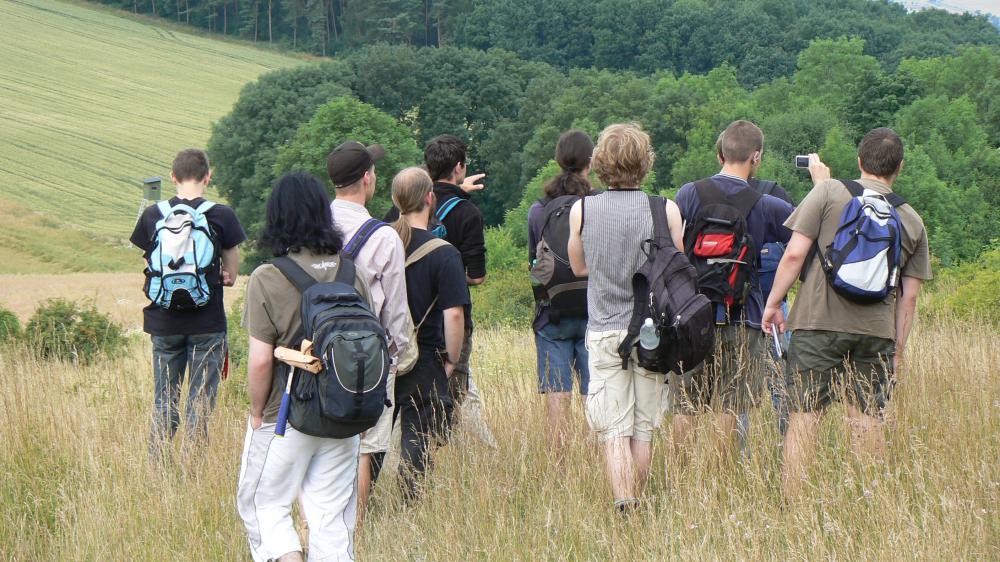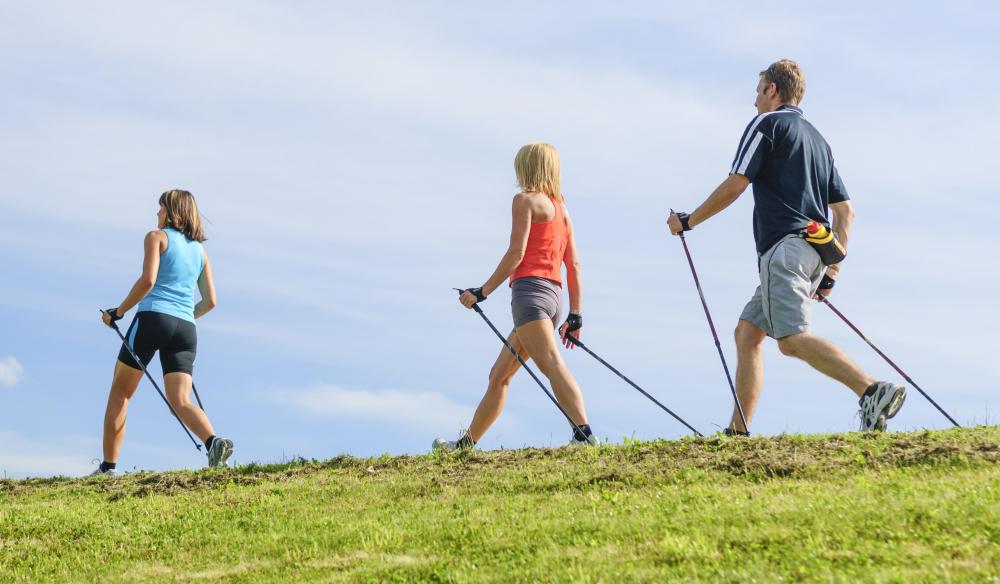At WiseGEEK, we're committed to delivering accurate, trustworthy information. Our expert-authored content is rigorously fact-checked and sourced from credible authorities. Discover how we uphold the highest standards in providing you with reliable knowledge.
What are the Best Tips for Hiking Safety?
Whether one is simply going for a short two hour hike in the woods or an overnight camping adventure, there are some important tips for hiking safety that should always be kept in mind before heading out. The first and most important thing to remember is to never hike alone; it is far too easy for something to go wrong on a hike, such as tripping and falling over a tree branch, that could lead to serious trouble if one is alone in the woods. In addition, some of the best hiking safety tips include planning in advance for emergencies; bring a map and compass, first aid kit, food and water, layers for additional warmth, and always wear proper hiking shoes, just to name a few.
Hiking safety begins before even embarking on the trip. Be sure everyone in the group is physically fit enough to do the hike, and research the area ahead of time to learn about any potentially dangerous plants or animals, how to avoid them, and what to do if they are encountered. Study maps of the hike and the surrounding area, and if possible, discuss plans with a park ranger before leaving on the hike both to inform them of where the group is heading, and to learn about any precautions, such as incoming storms. Don't rely entirely on a GPS; bring a map and compass as well, and never go off the hiking trail.

Dress properly for the hike in long pants and long sleeved shirts, and wear hiking boots with good traction. Pack necessities in a backpack, but don't make it so heavy that it is uncomfortable to carry. Necessities for hiking safety include additional clothing layers, ideally one waterproof, in case of cold or storms. It is also good idea to carry a first aid kit with items such as gauze, disinfectant, and aspirin. Other helpful supplies might include sunscreen and bug spray, water and food.

Adhering to common sense is perhaps the primary rule of hiking safety. Always practice fire safety, and never leave a fire unattended. Don't leave food on the ground or in a tent where animals will be attracted to it, and never interact with any wildlife, for example. Inexperienced hikers should start small, since hiking is a challenging physical activity. It is important to respect the surrounding environment as well, and always bring everything back out of the woods that was brought into it.
AS FEATURED ON:
AS FEATURED ON:



















Discuss this Article
Post your comments